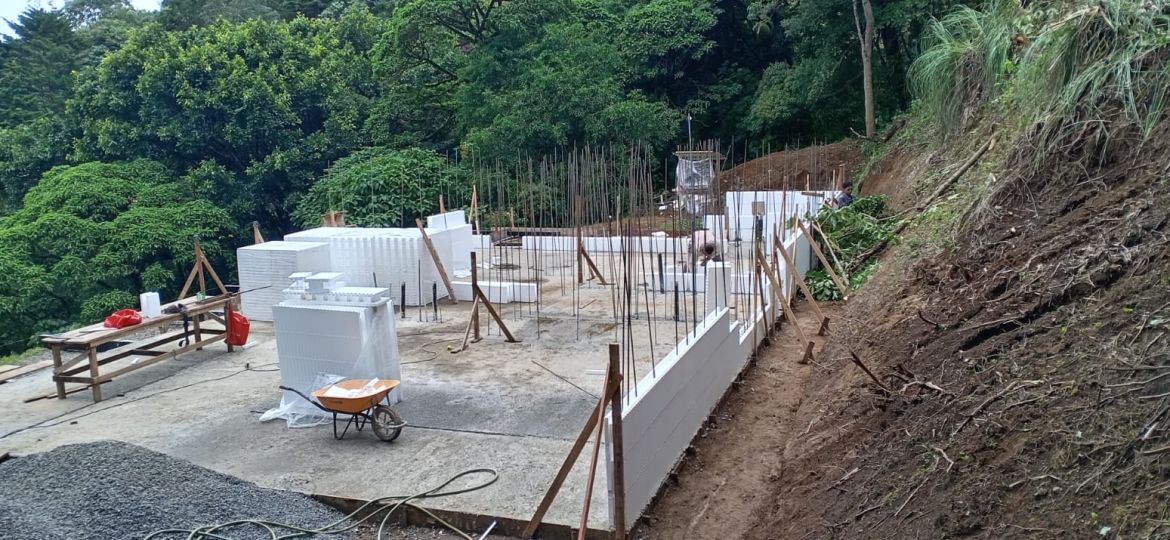
The construction industry is evolving rapidly, and as we look toward 2026, sustainability is no longer just a preference—it is a global standard. Homeowners, architects, and developers are increasingly seeking solutions that reduce environmental impact, lower energy consumption, and promote long-term resilience. Among these innovations, Insulated Concrete Forms (ICF) stand out as one of the leading systems shaping the future of sustainable building.
Why ICF is Driving the Sustainability Agenda
ICF combines reinforced concrete with continuous insulation, creating walls that are highly durable, energy-efficient, and environmentally friendly. This dual performance makes it one of the strongest contenders for the sustainable construction wave we see emerging worldwide.
Key benefits that align ICF with 2026 sustainability trends include:
1. Energy Efficiency as a Standard
By 2026, energy codes will demand stricter compliance. ICF homes already surpass these requirements, offering thermal insulation that reduces heating and cooling demands by up to 70–80%. This not only lowers energy bills but also reduces the carbon footprint of each building.
2. Climate-Resilient Homes
Costa Rica and many other regions face challenges such as heavy rainfall, heat, and seismic activity. ICF systems are designed to withstand extreme weather conditions and natural disasters, making them an ideal solution for resilient housing. Sustainability is not only about the environment—it’s also about long-term durability and safety.
3. Reduced Waste in Construction
Traditional building systems often generate significant construction waste. With ICF, the modular blocks allow cleaner, faster, and more precise assembly, cutting waste by up to 95%. This aligns with global sustainability initiatives that prioritize resource efficiency.
4. Acoustic & Thermal Comfort
Sustainable living isn’t only about efficiency—it’s also about quality of life. ICF’s excellent acoustic insulation contributes to healthier, quieter, and more comfortable homes, which is a growing priority in sustainable design practices.
5. Integration with Renewable Energy Systems
The future of sustainable housing will also rely heavily on renewable energy. Thanks to its insulation and efficiency, ICF construction pairs perfectly with solar panels, rainwater harvesting, and smart energy systems, ensuring maximum efficiency in modern eco-homes.
Looking Ahead to 2026
The demand for sustainable construction is only increasing, and systems like ICF are setting new standards in architecture. By 2026, we will see more governments, institutions, and private investors choosing ICF as the foundation for sustainable housing developments.
At OKO HAUSEN, we believe the future of construction in Costa Rica—and around the world—depends on solutions that balance design, efficiency, and environmental responsibility. With ICF, that future is already here.
